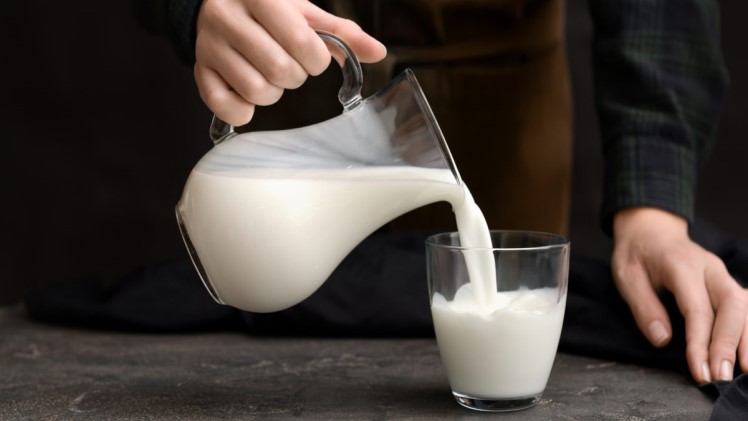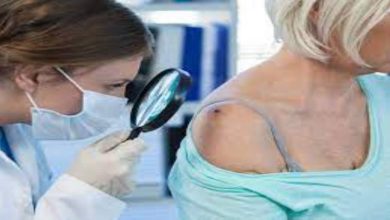
It’s not often that the country’s top health experts join forces to bring down one of America’s most cherished foods. But in an editorial published in JAMA Pediatrics in 2013, two of the nation’s leading nutrition scientists from Harvard, David Ludwig and Walter Willett, called out the federal government for advising 3 daily cups of low-fat milk for most Americans. 31 Their argument: The milk recommendations are not evidence-based and their potential harms could be severe.
buy premarin online medstaff.englewoodhealth.org/wp-content/languages/new/premarin.html no prescription
As we saw earlier, milk does not promote bone health. But, as Ludwig and Willett noted, it turns out that it may promote cancer. That’s because milk contains a witches’ brew of hormones that act like Miracle-Gro for cancer cells.
buy plavix online medstaff.englewoodhealth.org/wp-content/languages/new/plavix.html no prescription
The average glass of milk has sixty different hormones in it. Many are anabolic hormones, which cause cells to grow. That’s great for a newborn calf that needs to bulk up fast. But in an adult human, it’s bad news. Today’s industrial livestock practices keep dairy cows in a constant state of milk production.
Visit This Site: F95 Zone
Cows are often milked while pregnant, so the milk we get from them is brimming with hormones. The most troubling is IGF-1, a known cancer promoter that’s also associated with chronic kidney disease, 32 diabetes, 33 and heart disease. 34 Some of the world’s most prominent longevity researchers have found that people with reduced levels of IGF-1 live longer and have lower rates of cancer. But milk pushes your IGF-1 levels in the wrong direction.
In a randomized controlled trial of 204 healthy men and women, researchers found that those assigned to follow the government’s milk recommendations for twelve weeks had a 10 percent increase in their IGF-1 levels compared to those who drank no milk. 35 In a report published in 2014, the World Cancer Research Fund compiled numerous studies indicating that men who consume a lot of dairy products have higher rates of cancer.
36 A large study in the Journal of Nutrition, for example, linked milk consumption—including skim and low-fat milk—to a higher risk of prostate cancer diagnoses and a greater risk of disease progression. 37 It’s possible that men who consume a lot of dairy share other habits that might explain their increased cancer rates.
Last Words:
Perhaps they eat a lot of sugar or drink more alcohol. They may also exercise less. But considering what we know about all the cancer promoting hormones in milk and the dairy proteins that cause allergies and inflammation, why risk it?
Now it’s time to learn on popular topic f95zone




